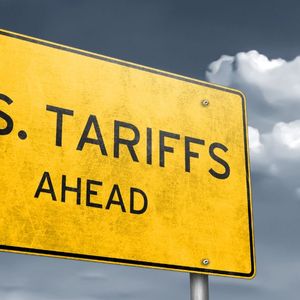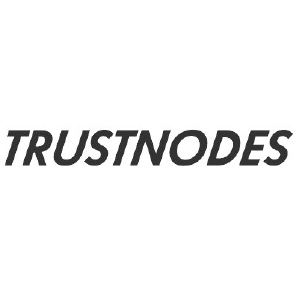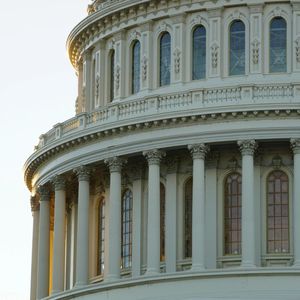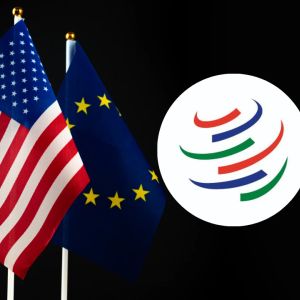As global trade tensions climb, a new narrative is emerging from within the crypto sector—one that sees opportunity amid uncertainty. Following U.S. President Donald Trump’s April 2 announcement of sweeping import tariffs , blockchain developers are weighing in on how decentralized technologies might play a stabilizing role. Among the most vocal is Truebit, a blockchain protocol known for its scalability and trustless verification solutions. Truebit’s CTO, Federico Kattan, believes that blockchain can be a crucial tool in maintaining fairness in trade enforcement. “Blockchain can really help prove provenance,” Kattan emphasized, explaining that as countries look to maneuver around tariffs by repackaging goods in low-tariff regions, transparent digital ledgers can verify true origins. For instance, companies might exploit loopholes to reclassify products and avoid paying steep tariffs—but blockchain can provide an immutable record of every stop a product makes. With Trump’s proposed tariffs threatening $2.4 trillion in U.S. imports—and potential retaliatory policies compounding the number—regulatory oversight will be tested like never before. Blockchain could step in as a digital referee, offering indisputable evidence in supply chain documentation. Quiet Progress of Truebit While not yet engaged with governments directly, Truebit is carving out a quiet but strategic path forward. CEO Jason Teutsch noted that the project is actively collaborating with software vendors who build tools for government agencies. “That’s where we want to be,” Teutsch said, underlining Truebit’s intention to integrate Web3 solutions into the very foundation of international compliance systems. Truebit isn’t just theory—it’s been around since 2017 and launched its native token, TRU, in 2021. With a fully diluted market cap of around $20 million, according to CoinGecko, it remains a relatively small player—but one that’s making careful, calculated moves. The company is also participating in an EU-funded initiative exploring how blockchain can support global logistics and compliance in supply chains. Risks on the Horizon for Crypto Infrastructure Not everyone in the crypto community is optimistic. Several blockchain executives warn that a deepening trade war could disrupt not just commerce, but also the very infrastructure that supports decentralized networks. Nicholas Roberts-Huntley, CEO of Concrete & Glow Finance, warned that tariffs could fracture international regulatory standards, complicate validator operations, and even lead to user censorship in some jurisdictions. The post Trade Wars Stir Crypto Chaos—but Spark New Blockchain Utility, Says Truebit appeared first on TheCoinrise.com .


















